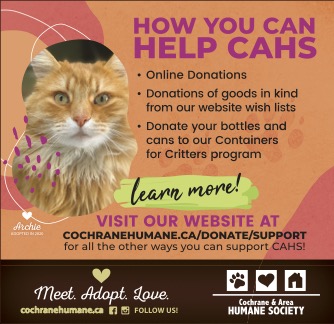ADHD & Addictions
Who Is At Risk?
Intoxicants are risky business if you have ADHD (Attention Deficit Hyperactivity Disorder). It is not uncommon for those who experience the challenges of their ADHD behavior to turn to addiction in an attempt to soothe their restless brains and bodies. Addictions may include technology, food, sex, gambling, shopping, work, gaming, exercise and more.
What Is The Relationship?
ADHD traits that share the addiction spectrum are:
- Impulsivity – poor judgment. Quick to jump into situations and behaviors without thinking through the consequences.
- Hyperactivity – the need for frequent stimulation and the inability to self- regulate.
- Easily distracted – boredom, difficulty paying attention, and seeking novelty.
Other Factors
Genetics show there is an increased rate of substance-abuse disorders in close relatives of people with ADHD. Also, consider individual neurochemistry that involves neurochemical pleasure responses in the brain.
When Is It A Problem?
Not every person with ADHD will become an addict. It is important to be aware of ADHD behaviors that are similar to those of addictive behaviors and to seek professional help, if you feel it is headed in that direction. “Abuse isn’t how much you’re doing or how often it happens. It’s about how it affects your relationships, health, work, school and your standing with the law. If you have difficulties in these areas and you keep on using it, then you definitely have a problem” (Richardson, 2018).
Early Intervention
“Just say no!” is easier said than done. Start talking to your kids. Don’t wait until fifth or sixth grade. Let them know that having ADHD increases their risk for trouble and that they are more vulnerable. Even though adolescents with ADHD are generally no more likely than their peers without ADHD to experiment with drugs. When they do, the abuse and dependence skyrocket. Make sure your child understands that the best way is to avoid taking illicit drugs altogether, and to wait until adulthood to use alcohol (if at all). Approximately half of all adults with untreated ADHD are at risk of developing an addiction at some point in their lives, in an attempt to “self-medicate”. Any major life change can increase that risk.
What About ADHD Medication?
ADHD medication is not a gateway drug, but is considered a controlled substance. This means it has the potential to lead to abuse and addiction. Some people assume that it is risky to take these drugs. The truth is, those who seek treatment for their ADHD symptoms are much less likely to abuse drugs and alcohol than their undiagnosed, untreated peers.
Managing Treatment
There are different treatment programs that focus on addressing both ADHD and addictions simultaneously. Be mindful that other conditions such as co-existing anxiety or depression can interfere with recovery. If you have a dual diagnosis, then a multi- dimensional approach to treatment can help in finding long-term healing.
Sources:
Quinn, P. (Ed.) ADDitude: Jobs for ADHD minds. Monthly subscription magazine.
Brown, Thomas, E., ADHD Comorbidities, 2015. Washington DC: American Psychiatric Publishing.
Roché Herbst
M.A.R. Psych
info@wehcs.com
My practice location is from my home office in Bragg Creek Mondays and Wednesdays 10am-5pm; Calgary office Tuesdays and Thursdays 9am-4pm. Call or text me on (403) 510-9984 or email: info@wehcs.com


























